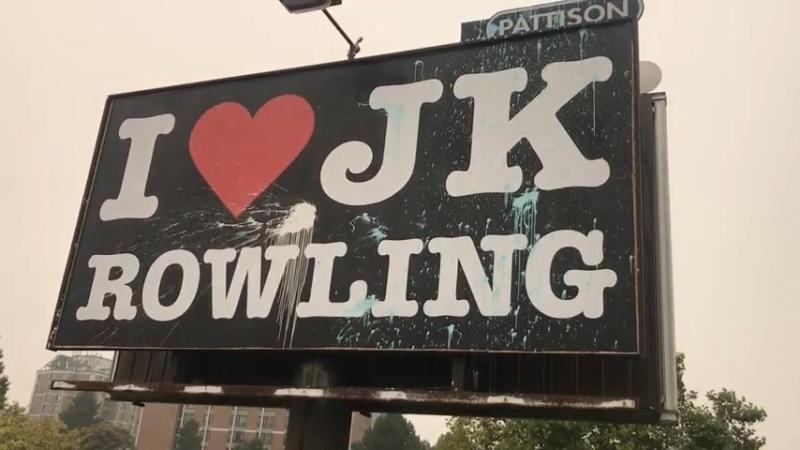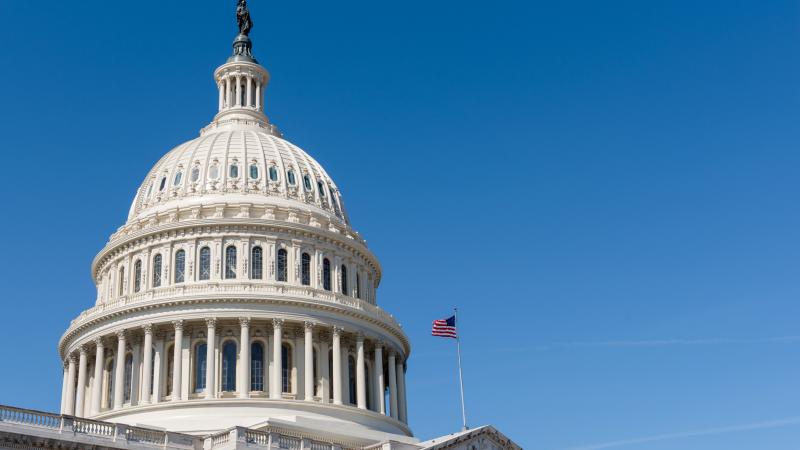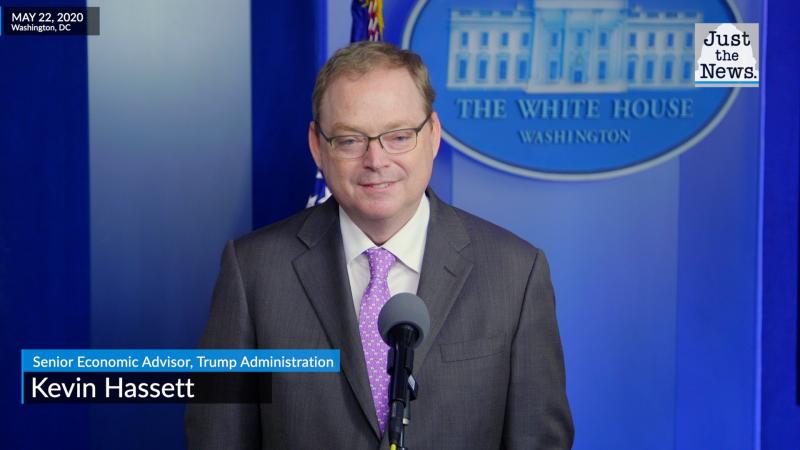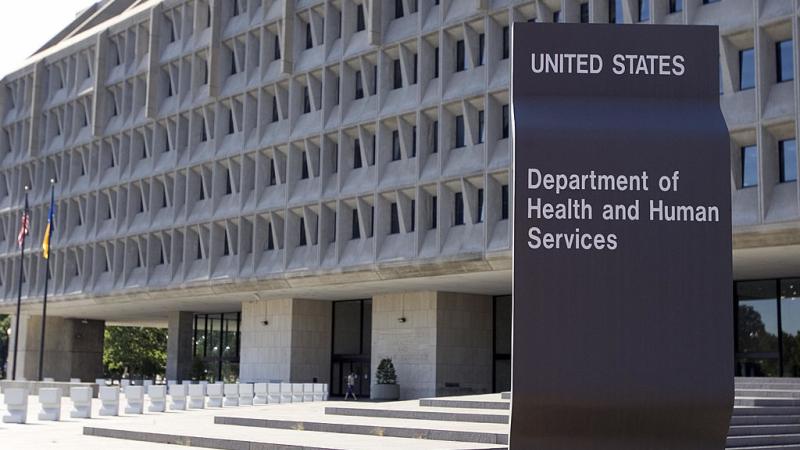Appeals court denies principal qualified immunity in teacher's MAGA hat job retaliation lawsuit
"Clearly established" in case law that school cannot restrict employee's speech to quell "nothing more than the natural effect that disfavored political speech often has on those with different viewpoints," 9th Circuit says.
A suburban Portland, Ore., teacher allegedly threatened with discipline if he kept bringing a Make America Great Again hat to teacher-training sessions can sue his former principal for First Amendment retaliation, a federal appeals court has ruled.
The 9th Circuit partially reinstated Eric Dodge's lawsuit on Thursday, finding that former Wy'east Middle School Principal Caroline Garrett would not be protected by qualified immunity if a jury found her guilty of violating Dodge's First Amendment rights on the eve of the 2019-2020 school year.
The three-judge panel cited "clearly established … long-standing precedent" that concerns about "the reaction to controversial or disfavored speech itself does not justify restricting such speech."
The unanimous opinion by Judge Danielle Forrest said "it was patently unreasonable for Principal Garrett to believe that she could restrict Dodge’s speech to quell what was, in reality, nothing more than the natural effect that disfavored political speech often has on those with different viewpoints."
It upheld the lower court's dismissal of Vancouver's Evergreen School District and chief human resource officer Janae Gomes from the suit.
The appeals court scoffed at the district's argument that Dodge was "not conveying a political message" of support for then-President Trump through the hat but only using it to "protect his skin," so Garrett could require him to keep it in his car.
The hat's content is "quintessentially a matter of public concern" that communicates "the messages of candidates for public office," as verified by Garrett and others viewing it as "a comment on issues such as immigration, racism, and bigotry," the panel said.
The judges emphasized how little evidence the district provided that Dodge's actions caused a disruption that would justify squelching an employee's speech.
At the first training session with 60 participants, "fewer than five people complained, including the first presenter who was not a District employee," and all trainings were completed without incident, according to the court records.
"Clinton, Reagan, and Trump appointees coming together to affirm the First Amendment," lawyer Gregory Conley tweeted in response to the ruling, referring to the panel of judges.
Garrett already had a reputation for rubbing parents the wrong way, prompting the school board to order "further investigations" into the professionalism of her confrontations with Dodge after Gomes dismissed the science teacher's HR complaint against her, according to the 9th Circuit's summary of the case.
The board told Garrett she had a "credibility" problem and could either accept demotion or face disciplinary proceedings. She resigned at the end of the school year, earning about $150,000, according to public records.
A 17-year veteran of the district, Dodge had brought the MAGA hat to a "cultural sensitivity and racial bias training" at Wy'east the week before school started, according to the factual record. It was his first assignment to the school.
According to the court record:
Sitting in the back of the room the first day, Dodge didn't wear the hat but rather placed it "either on the table in front of him or on top of his backpack." The Washington State University professor leading the training complained to Garrett that "she felt intimidated and traumatized" by the sight of the hat, while another teacher "cried" and one called the hat "threatening."
Garrett consulted Gomes, the HR official, before telling Dodge that "some people take [the hat] as a symbol of hate and bigotry" and he should use "better judgment." He brought the hat to the next day's training at Evergreen High School, at which point Garrett and Gomes decided to order Garrett to ditch the hat because "it was causing the disruption to staff."
Dodge alleged the principal confronted him at the Wy'east training later the same day, asking what was "the f**king deal with your hat" and calling him a "homophobe and a racist and a bigot and hateful."
While Garrett denied "using profanity," she didn't deny telling him "you need to have your union rep" if she caught him with the hat again.
She accused him two days later of bringing the hat "to purposefully provoke a reaction" during the trainings, and said she mentioned the union rep to follow school procedures "if we needed to discuss [the hat] again." Garrett shared the response with Gomes, who praised it.
Because the district refused to investigate the principal at that time, Dodge filed a "harassment, intimidation, and bullying" complaint that prompted an external investigation.
Clear Risk Solutions initially determined "Dodge was singled out … denied his freedom of expression" and "reasonably perceived" the union rep comment as a "threat of discipline." Garrett had allowed "other types of political messaging around the school."
Gomes persuaded the contractor to remove the language about freedom of expression and singling out from its final report, however, according to the 9th Circuit summary. Both initial and final versions of the CRS report said Garrett hadn't violated district policy. Dodge got the transfer he asked for.
The appeals panel disagreed with U.S. District Judge James Robart, known for a previous spat with Trump, that Garrett's alleged actions had not been clearly established as unconstitutional in case law.
It's irrelevant that Dodge brought the hat to a "teacher-only training with a limited audience," as the district emphasized, because a "government employee does not lose the right to speak out about issues of public concern in forums closed to the general public," Forrest wrote.
The student-free venue did matter, however, for purposes of whether Dodge's hat-based speech would be reasonably interpreted as the school's or his own as a private citizen. He did not take "advantage of his position to press his particular views" upon students, Forrest wrote, quoting the 9th Circuit's 2006 school-speech precedent.
The panel concluded "at a minimum" that "there are triable issues of fact" around whether the principal's treatment of the teacher constitutes "adverse employment action."
The reference to the union rep gave concrete effect to Garrett's earlier "bad-mouthing," Forrest wrote. The principal's explanation that she was simply referring to the collective bargaining agreement "undersells the import and implications that a reasonable employee would attribute to such a statement."
Dodge has provided "sufficient evidence of a prima facie First Amendment retaliation claim" at this stage of litigation, the court said.
Neither the district nor Garrett's lawyers responded to Just the News queries about their next steps.















